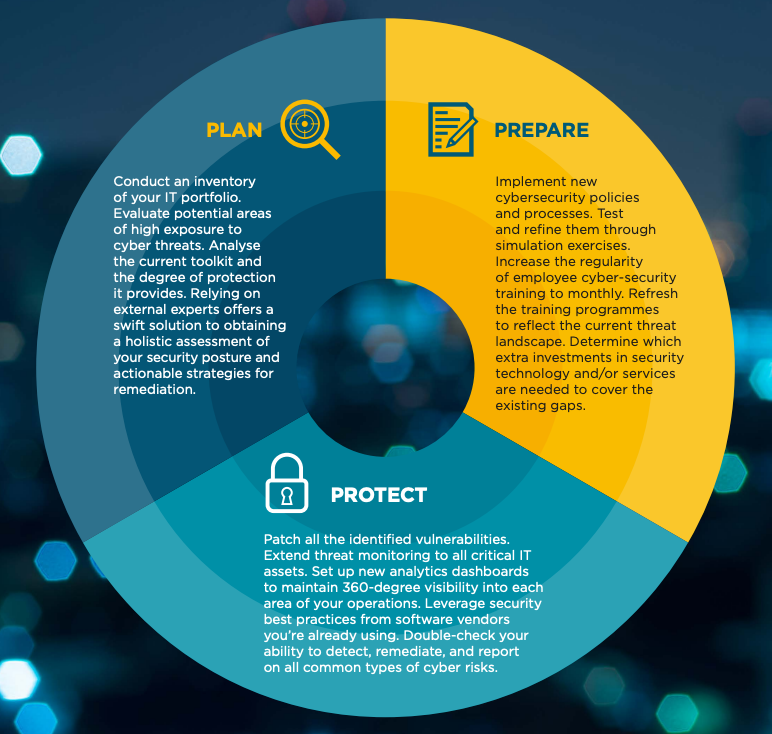A new report from accounting and advisory firm HLB Global has found many businesses remain underprepared in the face of an increasing threat of cyber attacks.
While 42% of companies say they invest in regular training, meaning quarterly or bi-annually, only 18% have ongoing awareness programmes that include regular formal training, simulated phishing attacks, and consistent communication. Overall, 87% of companies have some form of cyber training in place.
HLB Global’s annual cybersecurity report, Uniting People and AI: The future of cyber resilience, shines a light on the pressing need for advanced security measures in the face of relentless cyber adversaries harnessing AI.
Cyber security training key
The report covers the past three years, since remote working was normalised during the Covid-19 lockdowns. Insights were gathered from 750 senior IT professionals across the world. And it singles out training as key to ensuring high-security accountability.
“I would recommend doing cyber training monthly and, at a minimum, quarterly,” said Jim Bourke, Global Advisory Leader, HLB.
Despite the uptick in attacks, 64% of IT leaders said remote work has had a positive impact on business. While 57% of IT leaders admit to not being initially prepared for the immediate challenges of remote work, 88% managed to adapt their cybersecurity strategies effectively.

Graphic: HLB
AI integration
AI is becoming increasingly integral to business operations, with 50% of business leaders identifying AI as the most important technology for their businesses in the next five years.
However, AI, when in the wrong hands, poses new security risks. The rapid pace of technological innovation in AI, particularly generative AI, has raised concerns among 89% of business leaders. Recognising the gravity of AI-related risks, 34% express significant concern.
“While AI plays a pivotal role in cybersecurity, organisations should not place unquestionable trust in technology.”
Abu Bakkar, Chief Innovation Officer, HLB
“While AI plays a pivotal role in cybersecurity, organisations should not place unquestionable trust in technology. Educating and managing human behavior remains as crucial as ever,” Abu Bakkar, Chief Innovation Officer, HLB said. “By combining technological innovations in cybersecurity with ongoing investment in people and processes, organizations can achieve the best security outcomes, solidifying their position as leaders in the industry.”
Vendors such as NVIDIA, IBM, and Microsoft among others have already released AI-powered cybersecurity solutions for threat detection, endpoint security management, and IT infrastructure monitoring. Such platforms enable cyber professionals to maintain full visibility into the corporate environments, concentrate their attention on meaningful security signals, and respond faster to potential cyber threats.

















